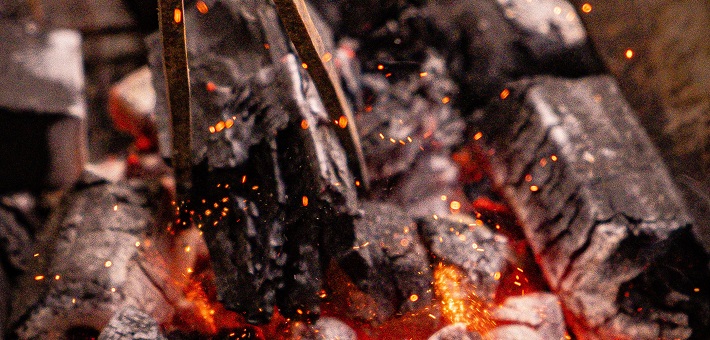Commentary on Isaiah 40:1-11
The worst has come. The community has died. Whereas previously God has warned and confronted the people with the consequences of their injustice and idolatry, now God provides comfort and care in the midst of those consequences. The image of the highway in the wilderness is potent, and often repeated. I hope that when preaching on this passage, we will remember whom this highway is for! Often we talk about the exiles returning, coming back to the Holy Land. Certainly, this is part of what is going on here, I think. But we must remember the highway is for God to travel on! God comes to the people, rather than requiring the people to come to God first (see especially verses 9-11). God, ever the shepherd, mounts a rescue mission, and comes to where the sheep have wandered/been driven, to carry them in the divine arms to safety.
God here, and in much of the rest of Scripture, functions as a divine go’el or kinsman-redeemer, whose job it is to rescue, no matter who was at fault. Even when bad choices lead to debt and slavery, the kinsman-redeemer is to pay whatever the cost to free the relative, rather than permit them to live in bondage. The highway in the wilderness is the path that God will take to come and rescue God’s people. The references to this passage in the Gospels should be read similarly. The highway is not for the people to come out to the wilderness to behold the messiah or start the process to work out their own salvation. Instead, the way in the wilderness is for Jesus to begin his work as kinsman-redeemer, to free his siblings from our sins and debt to death.
We must note that the Good News of God’s Salvation is announced and heard in community in Isaiah. All flesh sees God’s glory together. Members of the community call out to one another to announce God’s salvation. How can we cultivate, with our preaching, a community of Good News?
[This is Week 3 of a 4-week Preaching series on Isaiah.]


June 18, 2023